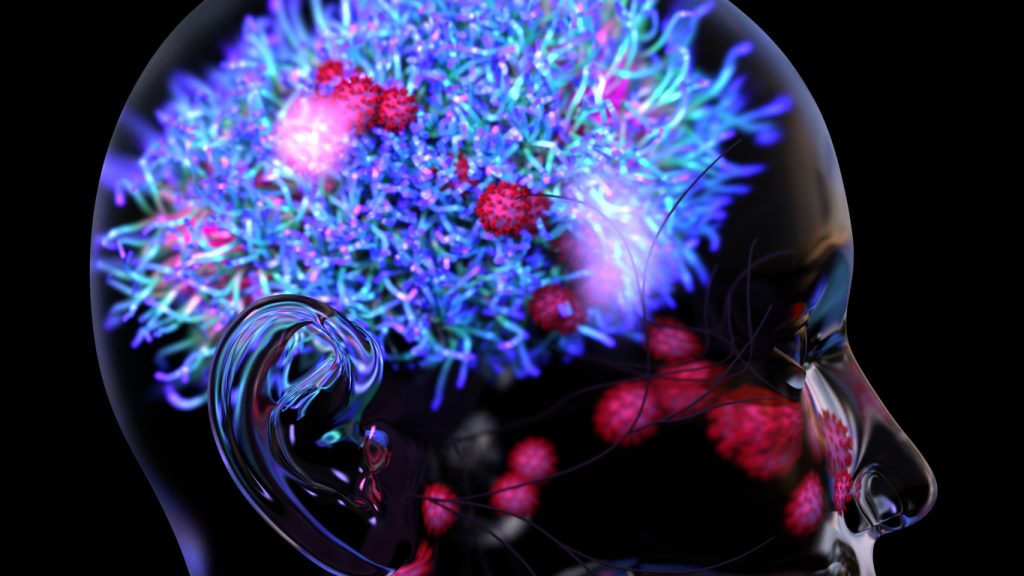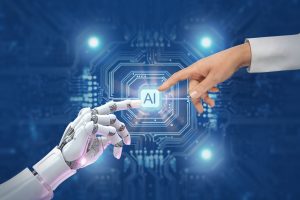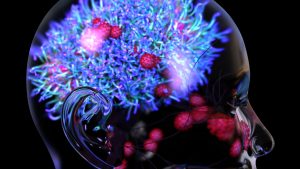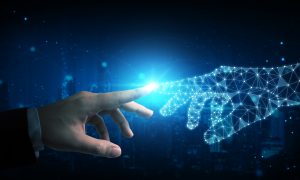How AI is helping Neuroscience
There is almost a symbiotic relationship between artificial intelligence and neuroscience. They both drive each forward and shower the world with life-changing revelations and incredible innovations. Neuroscience has been the engine behind AI If we were to look back into the Big Bang of AI, we’ll discover that neuroscience has played a major role in

There is almost a symbiotic relationship between artificial intelligence and neuroscience. They both drive each forward and shower the world with life-changing revelations and incredible innovations.
Neuroscience has been the engine behind AI
If we were to look back into the Big Bang of AI, we’ll discover that neuroscience has played a major role in the advancement of this field. After all, AI is designed to emulate human intelligence, and scientists from all over the world try their best to build neural networks that imitate the brain structure.
While building artificial human intelligence is not going to be in the cards for many decades, AI systems manage to amaze us with innovations such as object recognition, disease detection, and even impressive gaming skills.
Yes, AI systems can’t (yet) explain and understand problems or apply their general knowledge to new tasks, but researchers are not giving up so easily. Their discoveries aim to train AI systems to solve problems just like us, although many hope for better outcomes.
Furthermore, the neural networks used to build AI devices have been inspired by our brain structure. The neurons in these networks bear a resemblance or more to our biological neurons. Just as with our brain, AI neurons are interconnected and activate as soon as they receive the right input, spreading the news in the entire system. When fed with data, the neural network learns.
Now it’s AI’s turn to advance neuroscience
Because everything in the universe is powered by an imperious need to add balance, it is only natural for AI to return the favor and help neuroscience break barriers and conquer new realms. AI can be used to help us dig deeper into our brains and unlock secrets no one knew our brains could hold.
The neural network we have been talking about can help scientists create a comprehensive model of the human brain. Once virtual brains are accessed, researchers can test hypotheses and evaluate the response without having to do tests on animals and humans.
AI can actually help us understand some of the unsolved mysteries of the human brain. Based on virtual brains, scientists can research how our thoughts take shape and how we can move our bodies. All this data can help us a lot more than satisfy our curiosities.
The information provided by the patterns of neural activities, which are similar to the patterns of our brain activity, can help us better diagnose mental diseases and allow people with disabilities to improve their mobility. Don’t think that a virtual brain can, in any way, compete with the incredibly sophisticated human brain, but it’s a start!
AI developments may reinvent the golden age of neuroscience
Due to the unimaginable complexity of our brain, neuroscience may find itself in the golden age of discoveries but still finds it difficult to achieve the developments it so earnestly desires. Researchers have done their best for decades, but there is so much that the human brain can do with just paper and pen and the latest Intel Core processor.
Now that AI has introduced machine learning into the equation of neuroscience, things are bound to happen at a faster rate, and discoveries will soon follow. Machine learning has the ability to process large volumes of data and identify patterns that can lead to significant developments in the field of neuroscience.
Data analysis and patterns processed at the speed machine learning systems have the capacity to reach will help researchers organize, categorize, and label patterns in brain activities. Once the information is nice and tidy, all we have to do is draw our conclusions and start healing the world.
Researchers are already trying to build exoskeletons, help people with paralyzed limbs grasp objects with robotic arms, and even reproduce senses. It is true that AI has its work cut out when it comes to the labyrinthic ways of our brain, but the revolution is already in motion. Great things are bound to happen!




